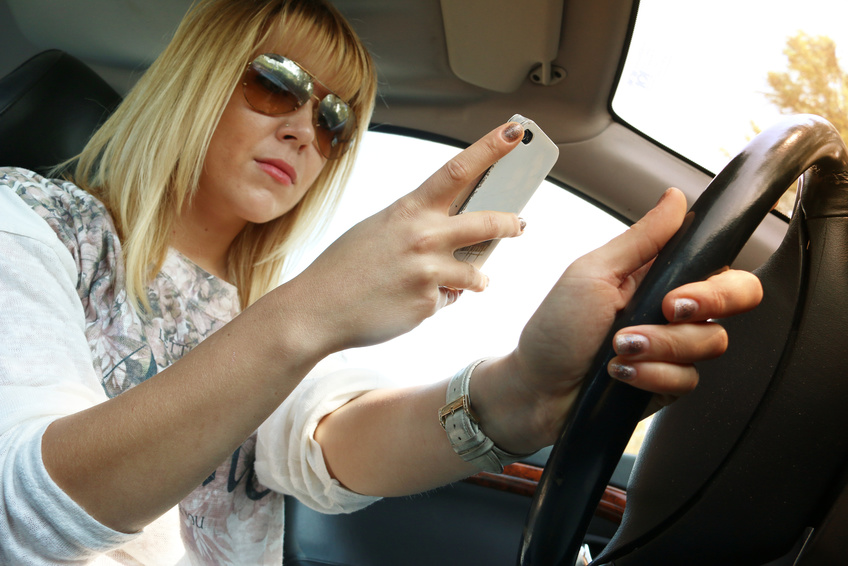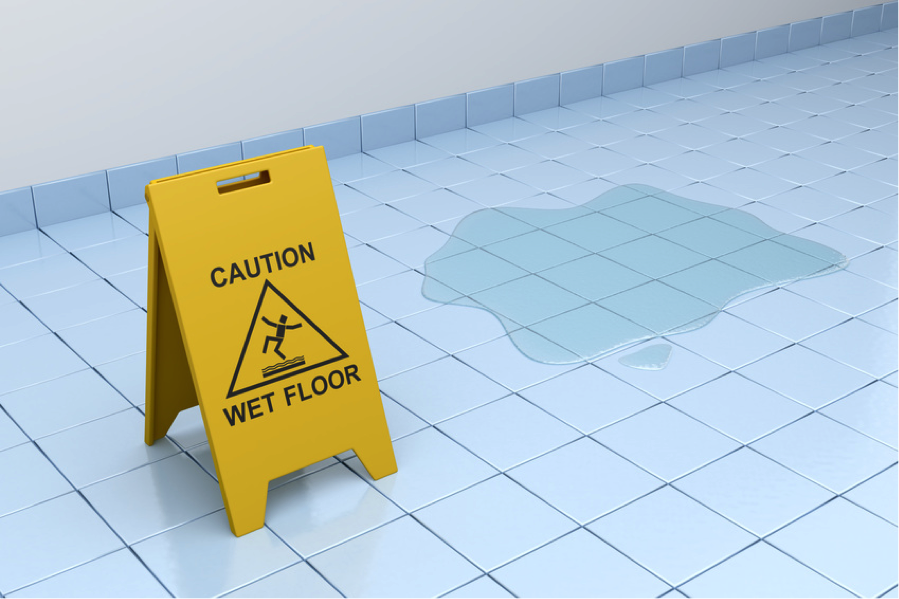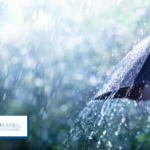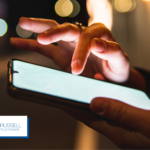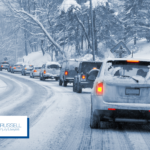While the age of technology has provided advances and innovation that mankind once deemed impossible, it has a dark side. Societies unyielding need to be constantly plugged is proving to be highly dangerous.
While someone bumping into you on the sidewalk due to being distracted by his or her cell phone is irritating, the risks heighten dramatically when individuals are distracted by technology behind the wheel of a motorized vehicle.
Ontario law deems it illegal for drivers to dial, talk on the phone, type messages, text, and send emails while driving. Studies have shown that those who use their cell phone behind the wheel are four times more likely to crash than those who keep their eyes on the road ahead.
While looking down at your phone to read an important message for a brief two seconds may seem harmless, this momentary lapse of attention doubles your crash risk. No message is more important than your life and the lives of the drivers surrounding you.
Not only is the use of cell phones banned by drivers operating a vehicle, but even glancing at a display screen unrelated to driving is too. Some examples of prohibited devices are:
- iPods
- Cell phones
- Smart phones
- DVD players
- Laptops
- GPS screens
- MP3 players
With the rate of distracted driving going up, the government is strengthening the punishments on the offense to help prevent senseless collisions. The fines or penalties you can incur for distracted driving if you are a fully licensed driver are as follows:
- A fine of $400, an additional victim surcharge, and court costs. This totals to $490 if your case is settled
- Fine of up to $1000 if a summons is received or you fight your ticket
- Three demerit points added to your driving record
However, there are ways to use your devices while staying concentrated on the road and avoiding distracted driving charges. They are as follows:
- Cell phones: If your phone has an earpiece, or is connected via Bluetooth you can use it only to activate the “hands-free” function. This exemption is only permitted if the device is mounted. You are not allowed to touch or scroll through it.
- GPS: If your GPS is mounted on the dashboard or windshield, doesn’t obstruct your view of the road, and you inputted the information before you began driving – you are in the clear.
- Media player plugged into the cars sound system: Permitted as long as the playlist was activated before you began driving
Emergencies
In the event of an emergency, you can use a hand-held device to call 911, but only if you’re in a situation that is causing danger to your safety or the safety of others. If you need to make a call, pull over if you can and keep the duration short.
At Dye and Russell, we’ve seen first hand how distracted driving collisions impact the emotional and physical health of our clients.
If you have been injured, and need legal assistance, call #1000 on your cell phone for free. We will offer you a free claim assessment.

